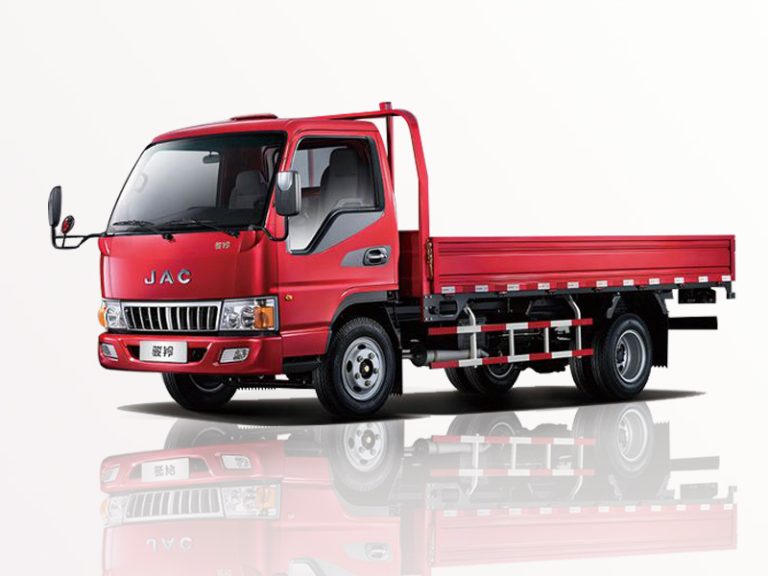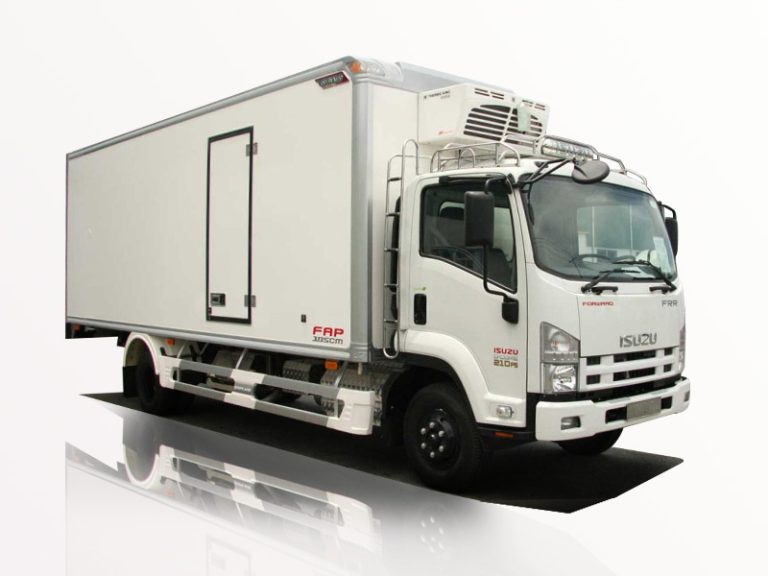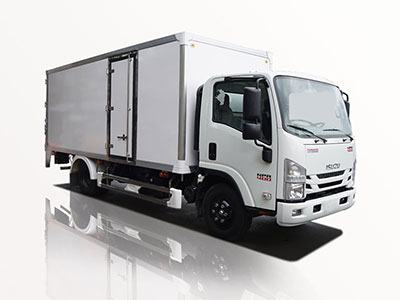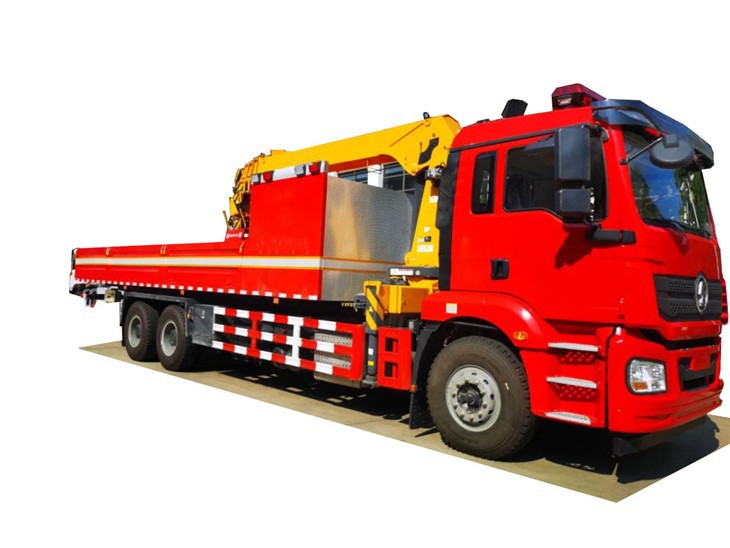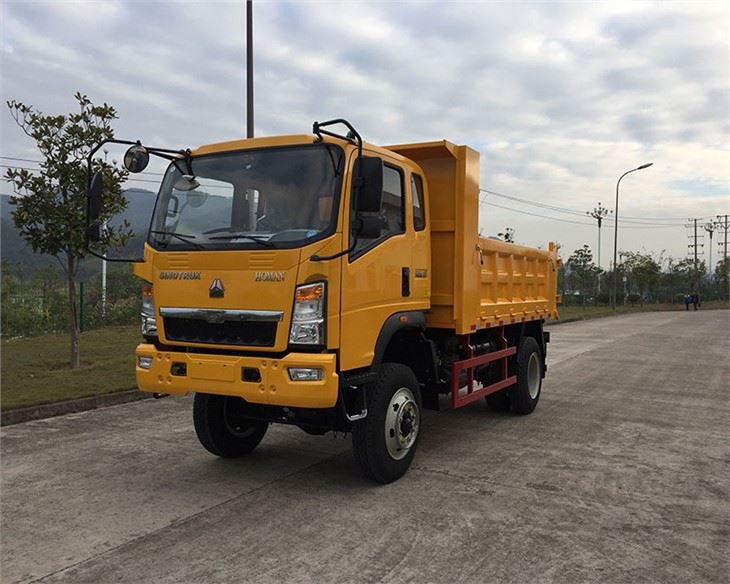Waste management is a critical aspect of modern urban planning and environmental sustainability. At the heart of this operation are garbage trucks, the vehicles tasked with collecting and transporting waste from homes and businesses. In this article, we will explore various facets of waste management garbage trucks, including their types, technologies, challenges, and best practices. This extensive guide will serve as a resource for understanding how these essential vehicles contribute to effective waste management.
Understanding Waste Management
What is Waste Management?
Waste management refers to the processes involved in handling waste materials, including their collection, transportation, processing, recycling, and disposal. Effective waste management aims to minimize environmental impact and conserve resources, ensuring a cleaner and healthier planet.
The Importance of Garbage Trucks in Waste Management
Garbage trucks play a crucial role in the waste management process. They are responsible for the transportation of waste from its source to treatment and disposal facilities. Without garbage trucks, waste accumulation would pose significant health risks and environmental hazards.
Types of Garbage Trucks
1. Front-Loading Garbage Trucks
Front-loading garbage trucks are designed with a front-loading mechanism that easily lifts and empties dumpsters. These trucks are commonly used for commercial waste collection due to their efficiency and ability to handle heavy loads.
2. Rear-Loading Garbage Trucks
Rear-loading garbage trucks are equipped with an opening at the back for waste collection. This type is often used for residential garbage collection, as collectors can easily load waste bags directly into the truck.
3. Side-Loading Garbage Trucks
Side-loading garbage trucks feature a lateral arm that allows operators to pick up waste bins without leaving the vehicle. This design increases safety and efficiency, especially in dense urban areas.
4. Automated Garbage Trucks
Automated garbage trucks utilize advanced technology, including sensors and robotics, to operate autonomously. These trucks can significantly reduce labor costs and minimize human error during waste collection.
5. Recycling Trucks
Recycling trucks are equipped with specialized compartments for separated recyclables such as glass, plastic, and paper. These trucks are essential for promoting recycling initiatives and reducing landfill usage.
Technology in Garbage Trucks
Advanced Systems in Modern Garbage Trucks
Modern garbage trucks are outfitted with various technological advancements that enhance their performance and efficiency. Here are some notable technologies:
GPS Tracking Systems
By using GPS, waste management companies can effectively track garbage truck routes, improve scheduling, and optimize collection patterns. This technology helps in reducing fuel consumption and improving overall service delivery.
On-Board Weighing Systems
Many garbage trucks now feature on-board weighing systems, allowing operators to monitor the weight of waste being collected. This information is vital for managing waste capacity and ensuring compliance with weight regulations.
Smart Waste Sensors
Smart sensors can be installed in garbage bins to detect fill levels. This data helps in optimizing collection schedules, ensuring that bins are emptied only when necessary, which conserves resources and lowers operational costs.
Challenges in Waste Management
Environmental Impact
While garbage trucks are essential for waste collection, they also contribute to environmental issues. Emissions from diesel engines can lead to air pollution, and improper disposal methods can contaminate soil and water.
Operational Costs
Maintaining a fleet of garbage trucks can be expensive. Costs related to fuel, maintenance, and labor can accumulate and strain budgets, especially for municipal waste management departments.
Public Awareness and Compliance
Public participation is crucial in effective waste management. However, many residents remain unaware of proper disposal methods and recycling practices, leading to contamination and inefficiency.
Best Practices for Waste Management with Garbage Trucks
1. Route Optimization
Implementing route optimization software can significantly enhance efficiency in waste collection. This software analyzes data to suggest the most effective routes, reducing fuel consumption and operational costs.
2. Regular Maintenance
To avoid breakdowns and extend the lifespan of garbage trucks, regular maintenance is essential. Developing a preventive maintenance schedule ensures that all components are functioning optimally.
3. Employee Training
Proper training for garbage truck operators is critical. Training programs should focus on safe operation, efficient collection practices, and environmental awareness. Well-trained staff can increase the overall effectiveness of waste collection.
4. Community Engagement
Engaging the community in waste management efforts fosters collaboration. Initiatives like educational campaigns and recycling drives can enhance public awareness and participation in waste reduction strategies.
Case Studies in Waste Management
City of San Francisco
San Francisco has implemented an ambitious zero waste program, achieving a diversion rate of over 80%. Their successful recycling and composting initiatives are supported by an efficient waste collection system using automated and recycling trucks.
City of Seattle
Seattle’s waste management strategy involves a combination of technological innovations and community participation. Their implementation of smart sensors in garbage bins has optimized collection schedules and increased recycling rates.
The Future of Garbage Trucks and Waste Management
Electrification of Garbage Trucks
As cities strive to reduce their carbon footprint, electric garbage trucks are becoming more prevalent. These trucks offer lower emissions and significant cost savings in fuel and maintenance over time.
Integration of AI and Automation
Artificial intelligence is set to revolutionize waste management. Automated systems can predict waste generation patterns, optimize garbage collection routes, and reduce operational inefficiencies.
Frequently Asked Questions (FAQs)
1. What types of garbage trucks are most commonly used for residential waste collection?
Rear-loading and side-loading garbage trucks are the most common types used for residential waste collection due to their efficiency and ease of use.
2. How can I ensure proper waste disposal in my community?
Stay informed about your local waste disposal guidelines, participate in community clean-up events, and use designated recycling bins to promote proper waste management.
3. Are automated garbage trucks safe for operators?
Yes, automated garbage trucks are designed with numerous safety features, minimizing the need for operators to leave the vehicle and reducing accident risks.
4. How do GPS systems improve garbage truck operations?
GPS systems enhance operations by providing real-time route tracking, enabling better scheduling, and increasing efficiency in waste collection.
5. What role do garbage trucks play in recycling efforts?
Dedicated recycling trucks are used to collect separated recyclables, ensuring that materials are diverted from landfills and processed for recycling.
6. How can technology help in reducing waste collection costs?
Technologies such as route optimization software, smart sensors, and on-board weighing systems can enhance operational efficiency, reduce fuel consumption, and lower overall waste collection costs.

